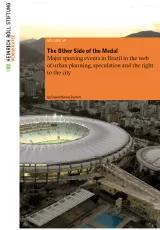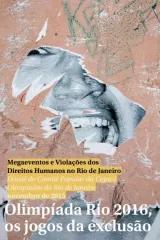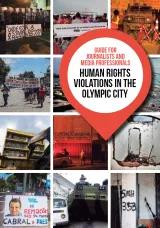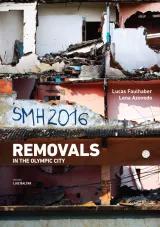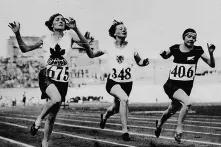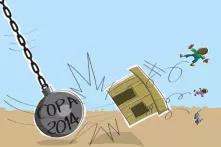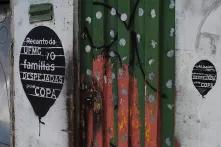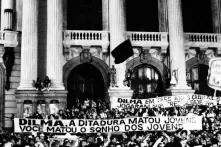Dossier: Olympic Games 2016 in Rio de Janeiro
Introduction: Half a million people are expected to visit Rio de Janeiro during the Olympics and Paralympics in August and September. At first glance this will be a huge benefit for the city. But just as for the World Cup in 2014, the city has become a contested space of political and economic interests.
In our dossier we analyze the Games´ financing and sustainability. We report on public security concepts, changes in the city and the evictions of socially disadvantaged groups. We take a look at the organizers´ responsibility to guarantee human rights.
Obscured Costs
Public Security
The population seems to be increasingly aware of their rights, systematically violated in the name of major sports events, separating them from the spectacleOrlando dos Santos Júnior
Speculation and eviction in the city
The legacy of the World Cup. The Story of Elisangela
"Das Erbe der WM tragen wir: Die Geschichte von Elisângela" / O Legado Somos Nós - Fundação Heinrich Böll Brasil
 Watch on YouTube
Watch on YouTube
Preparation of Brazil on two mega events
Veja como o Brasil se prepara para a Copa - ForcedEvictions
Watch on YouTubeVila Autodromo Fights Displacement
Gender relations in Sports
No competition took place in 2012 without female participation instead. Today, women are strongly represented in the competitions. This might suggest that sports have overcome the gender barriers. But there is still much to do.
Editors:
Dawid Bartelt, Marilene de Paula und Manoela Vianna
Editorial Assistance: Selma Clara Creibich, Karina Merencio, Victor Soriano, Petra Tapia, Julia Ziesche
Translation: Fal Azevedo
Contact: Dawid Bartelt, bartelt@br.boell.org
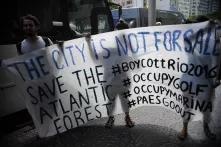
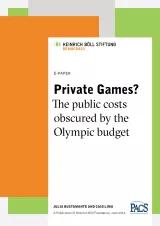
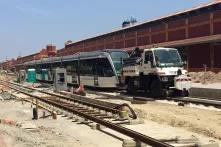
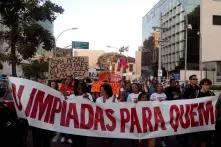
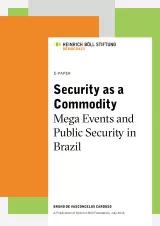

![By copa2014.gov.br (Brazil beat Croatia in World Cup opening match) [CC BY 3.0 (http://creativecommons.org/licenses/by/3.0)], via Wikimedia Commons Brazil beat Croatia in World Cup opening match](/sites/default/files/styles/3d2_small/public/uploads/2016/07/brazil_and_croatia_match_at_the_fifa_world_cup_2014-06-12_45.jpg.jpg?itok=sA_4k9Us)
